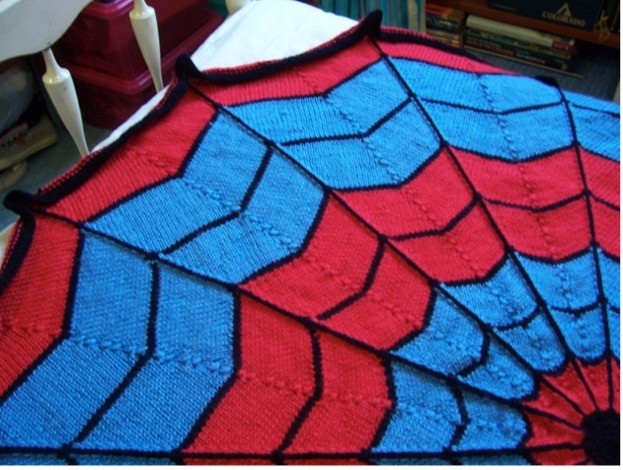
Education and Copyright: Did I Jeopardize My Job with “Movie Mondays”?
Teachers can break a law and get away with it. Sometimes. What otherwise would constitute copyright infringement, which occurs when someone violates at least one of the rights bestowed to a copyright owner, is permissible for teachers in certain situations. The problem is that teachers may not know if their use of materials like worksheets or book and movie supplements in the classroom fit within … Continue reading Education and Copyright: Did I Jeopardize My Job with “Movie Mondays”?








